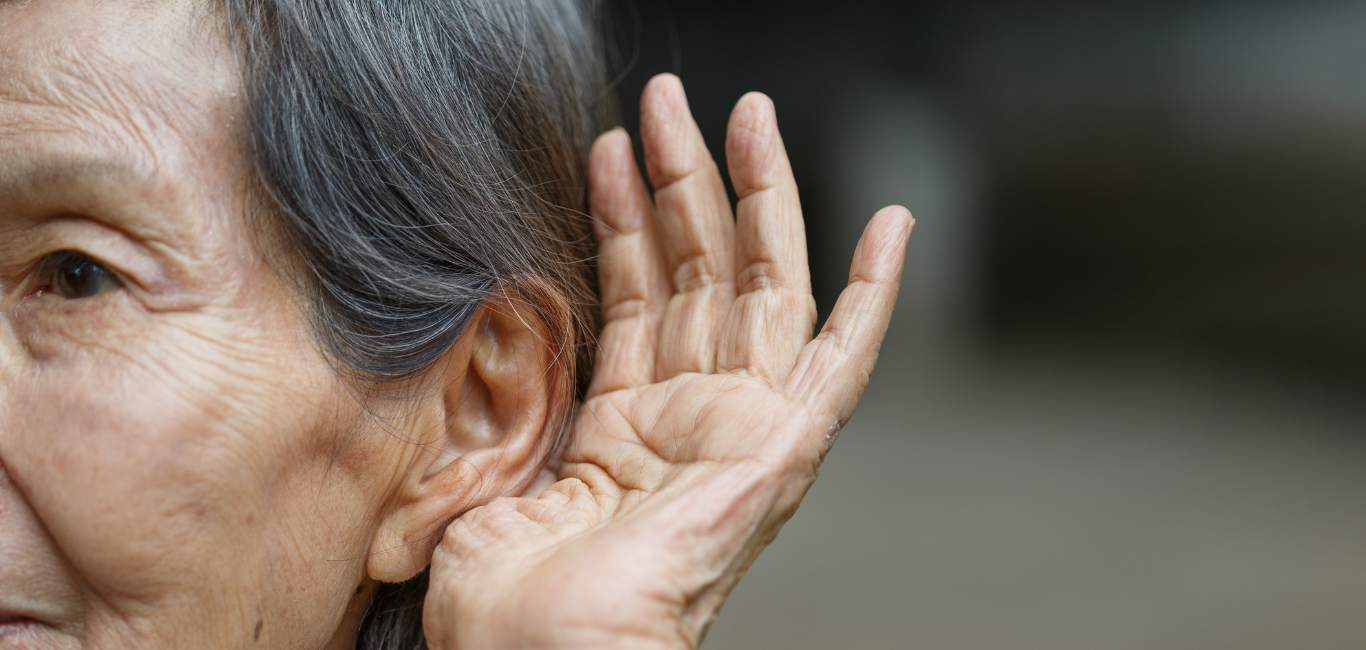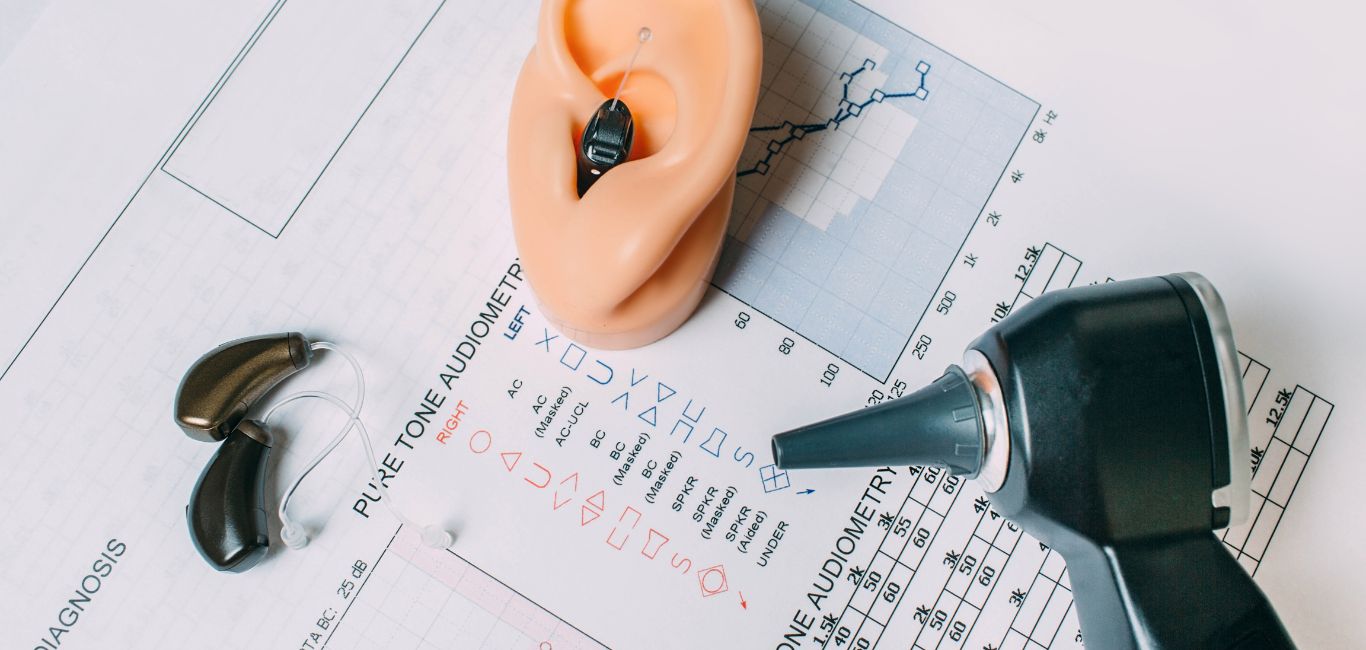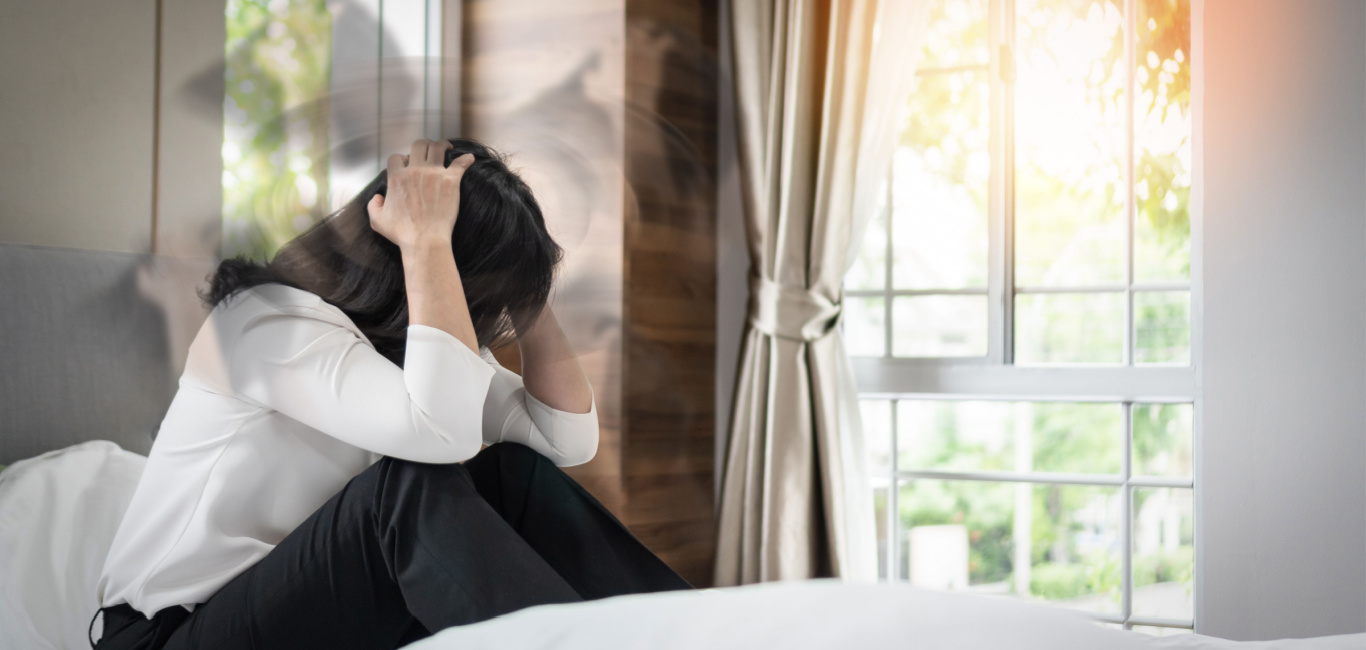
The human body is an intricate masterpiece, composed of countless systems working in harmony to maintain equilibrium and functionality. Among these, the vestibular system of our ear, responsible for balance and spatial orientation, plays a pivotal role in our daily lives. However, when this delicate system falls out of balance, the effects can be debilitating.
One such debilitating effect is caused by Meniere’s disorder which affects the inner ear. It can disrupt the lives of those afflicted, leading to vertigo, hearing loss, and a range of unsettling symptoms.
What is Meniere’s disease?
Named after the French physician Prosper Meniere, who first described the condition in 1861, Meniere’s disease primarily affects the inner ear’s labyrinth, a maze-like structure responsible for both hearing and balance.
“Meniere’s disease is an ear disorder where there are episodic fluctuations in the fluid pressure inside any of the inner ears characterising a feeling of fullness or pressure in the ear,” says Dr Sreeram P, consultant, ENT surgery, Aster Medcity, Kochi. This, he says is different from other ear infections as it is episodic in nature, spontaneous without any triggers, and does not cause pain.
The inner ear is a major organ related to the function of balance in our body. It works like a movement sensor of our head. Whenever our head moves in different directions, at different angles and at different speeds, signals are transmitted to the higher centres in the brain from the inner ear.
“In Meniere’s disease when there are episodic fluctuations in inner ear fluid pressure, this function is de–ranged resulting in dizziness and other associated symptoms,” Dr Sreeram told Happiest Health.
Causes of Meniere’s disease
The medical fraternity is yet to find out the exact cause of Meniere’s disease but has an understanding of the several factors that could contribute to its development.
Dr Ratlam Jha, ENT specialist from Jamshedpur explains a few contributing factors, including:
- Fluid imbalance: Disruption in the balance of fluid (endolymph) within the inner ear can lead to abnormal pressure changes, affecting balance and hearing.
- Genetics: There appears to be a genetic predisposition.
- Immune system: Immune system abnormalities may trigger inflammation in the inner ear, contributing to symptoms.
- Vascular factors: It is also believed that vascular issues might play a role, affecting blood flow to the inner ear.
- Hormonal disruption or imbalance.
- Allergies: Particularly to pollen and certain foods, may contribute to it.

Symptoms of Meniere’s disease
Meniere’s disease presents a range of symptoms that can vary in intensity. Dr Sreeram says that since the disease can affect the whole functions of the inner ear, there can be:
- Severe episodes of vertigo: Sudden attacks of dizziness or spinning sensations, often accompanied by nausea and vomiting.
- Hearing loss: Gradual or sudden hearing loss, usually affecting low frequencies initially.
- Tinnitus: Ringing, buzzing, or roaring sounds in the ears, which can be intermittent or constant.
- Ear fullness: A feeling of pressure or fullness in the affected ear.
- Imbalance: Unsteadiness and difficulty maintaining balance, especially during vertigo episodes.
“It can occur in any person and there is no gender variability, but peak occurrence is found in 40-70 years of age,” Dr Sreeram further added.
Dr Jha also added that it has been seen that individuals with a history of migraines are at a slightly higher risk.
Prevention
While Meniere’s disease cannot be completely prevented, certain measures can help manage its symptoms and reduce the frequency of attacks. “Any balance disorder which is episodic in nature can be confused with this, like BPPV (Benign Paroxysmal Positional Vertigo) and Vestibular Migraine,” says Dr Sreeram.
He adds that its prevalence is 200 per lakh population and forms five per cent of the whole dizziness population. “Our department registers at least 200 new cases every year of Meniere’s, which could be the highest number in this part of the world,”.
While no one knows when one can get affected by this illness, Dr Jha suggests ways that may help prevent the illness, including:
- Dietary modifications: Adopting a low-sodium diet can help control fluid retention and reduce symptom severity.
- Stress management: Stress and reduced sleep can exacerbate symptoms, so relaxation techniques and stress reduction strategies may be beneficial.
- Hydration: Staying adequately hydrated can help maintain fluid balance in the body and potentially reduce symptoms.
- Avoid triggers: Identifying and avoiding personal triggers, such as caffeine, alcohol, and certain foods, can help prevent attacks.
Treatment options for Meniere’s disease:
“It is treatable and the majority of the patients can achieve a long-term disease-free state,” says Dr Sreeram. “The disease is diagnosed based on diagnostic criteria formed by the Classification Committee of Barany Society, 2015. Thorough history taking and examination coupled with relevant investigations like Audio-Vestibulometry assessment help in reaching a proper diagnosis.”
Both Dr Sreeram and Dr Jha explain the treatment options that can be prescribed after establishing a diagnosis.
- Medications: To reduce the fluctuation in inner ear fluid pressure as well as increase the outflow of the fluid from the inner ear for the long term at least for 12 months.
- Palliative medication and care: During episodes, medicines to reduce the symptoms can also be needed. Taking measures to avoid infections and allergies as the number of episodes of Meniere’s is more during this period.
- Hearing Aids: They can improve hearing loss associated with Meniere’s disease.
- Vestibular rehabilitation: Physical therapy exercises can help improve balance and reduce the impact of vertigo.
A small subset of patients might not respond to the above group of medications may get complications of this disease like drop attacks (multiple falls without loss of consciousness) and severe hearing loss. They are advised to take narrow treatments including injections in the eardrum with appropriate medicine for two to four weeks. However, such cases are rare, and most individuals respond well with medications and other adjunct therapies.

















